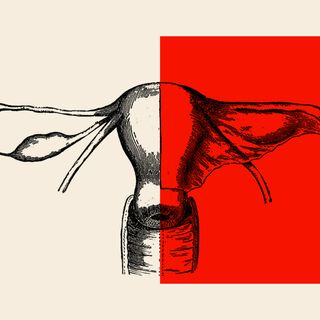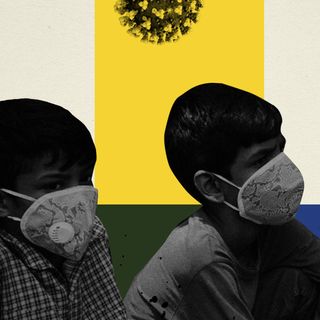Air pollution has impaired healthy lung function in as many as one out of every three children in the national capital, according to a new study.
Published in Lung India yesterday, the study was conducted by two NGOs — Lung Care Foundation in New Delhi and Pulmocare Research and Education Foundation in Pune. The researchers assessed the respiratory health of more than 4,300 children between 13 to 17 years of age through questionnaires and lung function tests.
“This study is an eye-opener. It has shown an unacceptably high prevalence of respiratory and allergic symptoms, spirometry-defined asthma, and obesity in Delhi children,” Dr. Arvind Kumar, co-author of the study and founder trustee of the Lung Care Foundation, said in a statement.
“Air pollution is the probable link with all three,” he added — since the study compared the respiratory health of children in Delhi’s private schools with their counterparts from relatively cleaner cities in terms of particulate matter air pollution. These other cities were Mysuru in Karnataka and Kottayam in Kerala.
The researchers found the comparative figures in Delhi to be worse than the two other cities on all fronts — they were twice as likely to experience chest tightness, three times as likely to suffer from shortness of breath, and five times as likely to deal with eczema. Children in the capital were also more likely to be overweight or obese, with their conditions being “strongly associated with airflow obstruction/asthma.”
Related on The Swaddle:
State Is Responsible if Malnourished Children Die in the Tribal Belt: Bombay HC
Moreover, despite a family history of asthma being more prevalent in Mysuru and Kottayam, more children in Delhi reported experiencing it. “The prevalence rates of cough, shortness of breath, chest pain/tightness, blocked nose, sneezing, itchy watery eyes, eczema, and itchy skin were reported to be significantly higher in children living in Delhi,” the study noted.
According to the World Health Organization (WHO), people with chronic respiratory diseases, among others, are more likely to develop severe Covid19 upon being infected. With reports of clusters of children testing positive for Covid19 emerging from parts of India, the present study indicates potentially alarming consequences — especially as the demographic remains vulnerable on account of not being eligible for vaccines yet.
In the meantime, immunocompromised or comorbid children reportedly comprised almost 60% to 70% of children’s hospitalizations due to Covid19 in India. Air pollution itself, which is at the root of lung disorders according to the present study, has been linked to higher Covid19 mortality rates.
The solution, at the end of the day, boils down to reducing air pollution. Research suggests that exposure to air pollution shortens children’s lifespans, increases the risk of anemia in children under five, and even leads to cognitive delays in children’s brain development. In 2019, India reported the most infant deaths due to air pollution in the world.
Removing the common denominator of air pollution might help us curb the risks to the health of children, who are paying the price for simply being born in a world ravaged by decades of exploitation and consumerism. “It is high time that the air pollution issue in Delhi and other cities is settled in a systematic manner to save the future of our children,” Dr. Kumar noted.




